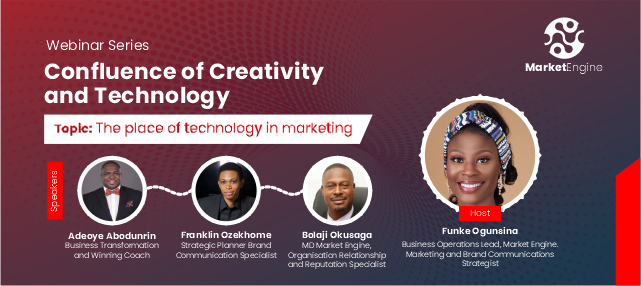Chairman of Nigeria’s Economic Advisory Council, Dr Doyin Salami has observed that about 66 percent of Nigeria’s population earned their income on a daily basis, while only about 5 % of the country’s working force were monthly income earners.
Salami dropped the statistics recently in Lagos while speaking during a one –day business development forum organised by Redwood Consulting, frontline marketing solutions provider firm.
Addressing a gathering of participants drawn from various economic sectors on the theme “ Power of Consumer Data”, the foremost economist and CEO, Kainos Edge Consult noted that one of the greatest challenges confronting Nigeria’s business economy was the non – availability of data and lack of the needed capacity to utilise data by many public and private sector organisations.
According to him, many operators of businesses in this part of the world do not have interest in developing data, and to be successful in their enterprise, such operators need to understand and appreciate the value of data and be willing to invest in it.
Stressing on the imperatives of data in business growth, Salami, who is also a lecturer at Lagos Business School, pointed out that a major difference existing between local indigenous companies in Nigeria vis-a-vis their foreign multinational counterparts was in the ability to use and understand data, adding that what prevailed in most cases here was based on guess work.
In his word: “There is a huge problem about the capacity to use data. Many companies don’t know how to use data. The capacity to use data is absent in many public and private organisations .The availability of data is not enough and we rarely use it,” he observed, adding that “we need to understand and appreciate data in order to be able to invest in it.”
Giving further insights into the nature of data application, he explained that data in itself could not result into insight, but rather for data to become useful, it must first be understood, analysed and then be transform into insights.
Salami added that there must be an alignment between the need for data usage and understanding of the same, stressing that to be able to use data aright business operators must learn to ask the relevant questions such as among other things, what kind of data should be collected, what kind of insight do you need and what is the inflation rate of the organisation?
Speaking further on the derivable advantages in data usage for the organisation, he identified three broad economic agents in data usage, namely; the government on one hand as the regulator, the firm as production agents and the consumer who is household agents to data.
“Who is the consumer and how is he evolving,” he queried, adding that “the consumer is the person using and paying for product and services”. “Whoever is paying you for your good and services,” he stressed, “that is the consumer”.






Comment
No comments found.